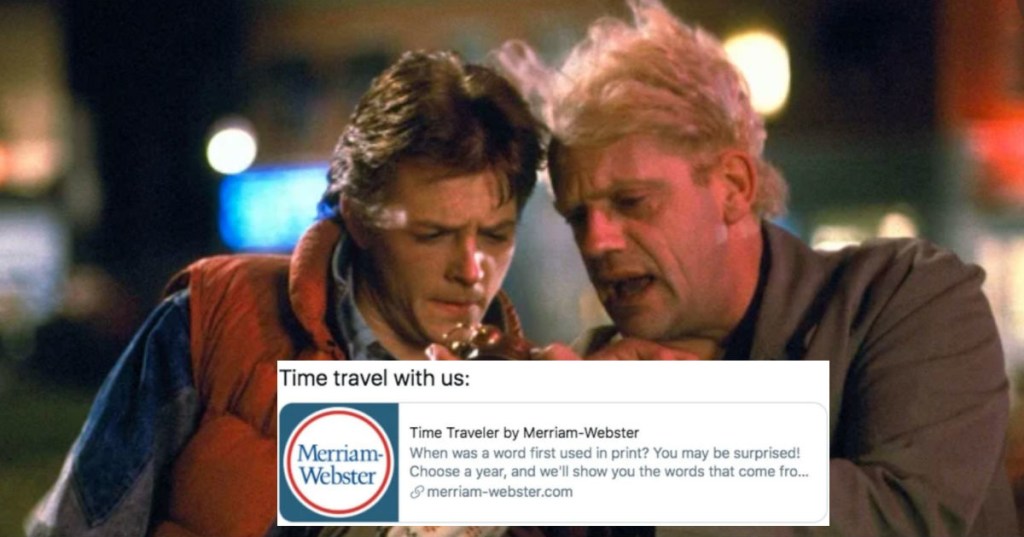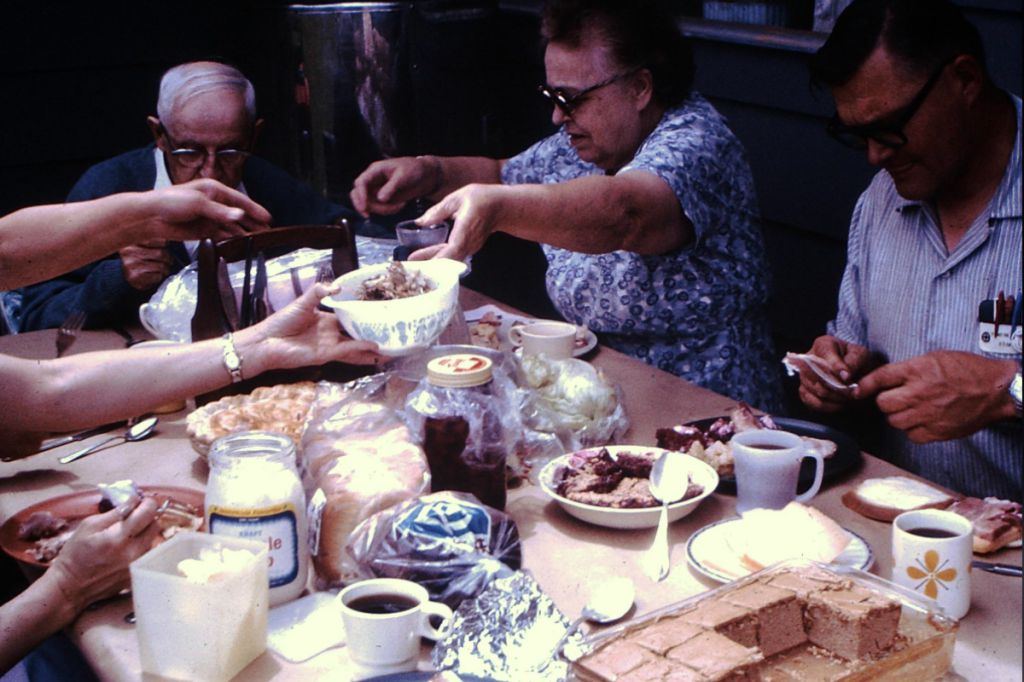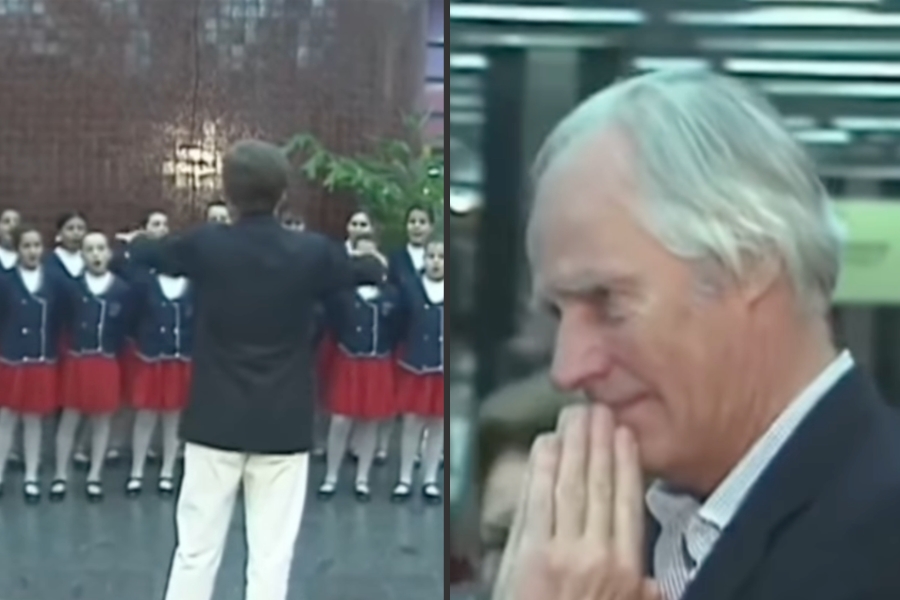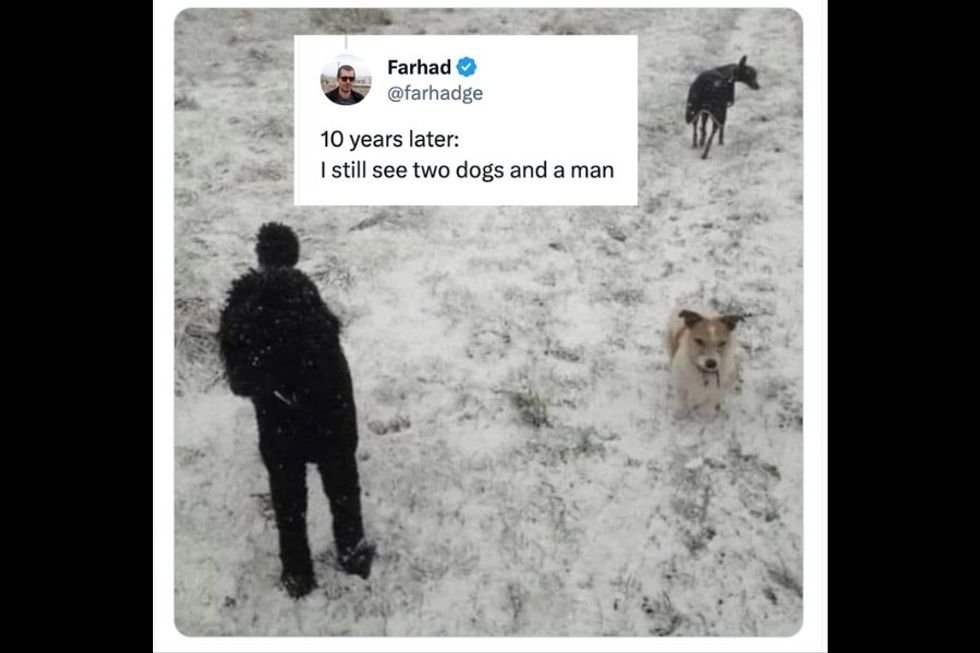The English language is constantly evolving, and the faster the world changes, the faster our vocabulary changes. Some of us grew up in an age when a “wireless router” would have been assumed to be a power tool, not a way to get your laptop (which wasn’t a thing when I was a kid) connected to the internet (which also wasn’t a thing when I was a kid, at least not in people’s homes).
It’s interesting to step back and look at how much has changed just in our own lifetimes, which is why Merriam-Webster’s Time Traveler tool is so fun to play with. All you do is choose a year, and it tells you what words first appeared in print that year.
For my birth year, the words “adult-onset diabetes,” “playdate,” and “ATM” showed up in print for the first time, and yes, that makes me feel ridiculously old.
It’s also fun to plug in the years of different people’s births to see how their generational differences might impact their perspectives. For example, let’s take the birth years of the oldest and youngest members of Congress:
Senator Dianne Feinstein was born in 1933, the year in which “antihistamine,” “jet engine,” and “goose bumps” first appeared in print.
Alexandria Ocasio-Cortez was born in 1989, the year that saw “cybersecurity,” “eco-friendly,” and “intersectionality” printed for the first time.
It’s almost like a time capsule, isn’t it? So indicative of how much changes just in one lifetime.
Like any dive into the dictionary, Time Traveler can also help you expand your vocabulary. I found some words I’ve never seen before that have apparently been around for more than four decades when I searched my birth year. Some seem like they might come in handy, like “phallocratic,” which means “relating to, resulting from, or advocating masculine power and dominance.” (Could be a useful alternative to “patriarchal.”) Others I’ll likely never use, such as “becquerel,” which is “a unit of radioactivity of a given sample of material equal to one atomic decay per second.” Cool, but pretty useless in my non-scientific life as a writer.
It was even fun to see what words came about during my kids’ short lives. My youngest is 11, and words that came into print in his birth year include “crowdfund,” “mansplain,” and “photobomb.” Seriously, it really is like a time capsule that offers a snapshot of life and culture in any given year.
Merriam-Webster gives this note about what it means for words to be used in print for the first time (which doesn’t meant the first time they were ever used):
“The date most often does not mark the very first time that the word was used in English. Many words were in spoken use for decades or even longer before they passed into the written language. The date is for the earliest written or printed use that the editors have been able to discover.
The date is subject to change. Many of the dates provided will undoubtedly be updated as evidence of still earlier use emerges.”
Language is a fascinating thing, ever-changing and ever-evolving. Thanks, Merriam-Webster, for providing a simple way to see that truth play out over time.
You can try out the Merriam-Webster Time Traveler here.






















